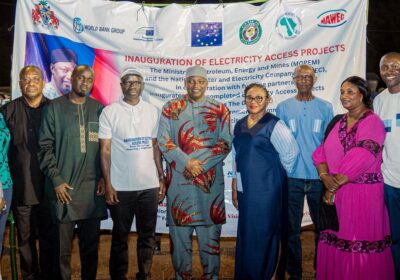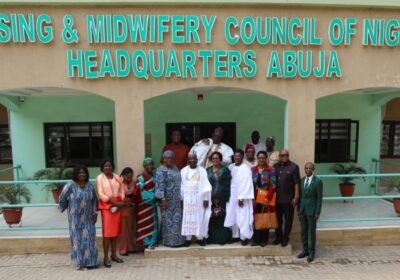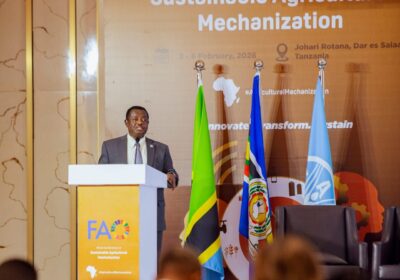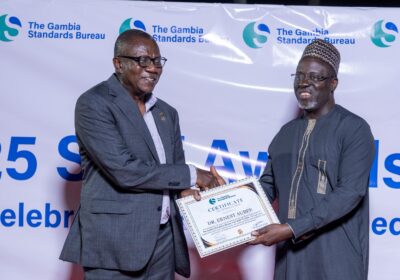EU, UNICEF, ILO Forge New Pact with Abia State on Social Protection, Renewable Energy, and Gender Justice.
By Raymond Enoch
In a landmark diplomatic engagement, the European Union’s Ambassador to Nigeria and ECOWAS, Gautier Mignot, led a high-level delegation comprising representatives from UNICEF and the International Labour Organization (ILO) on a courtesy visit to the Executive Governor of Abia State, Dr Alex Otti, ahead of the launch of the EU-funded “Supporting Sustainable Social Protection System in Nigeria” programme in the state.
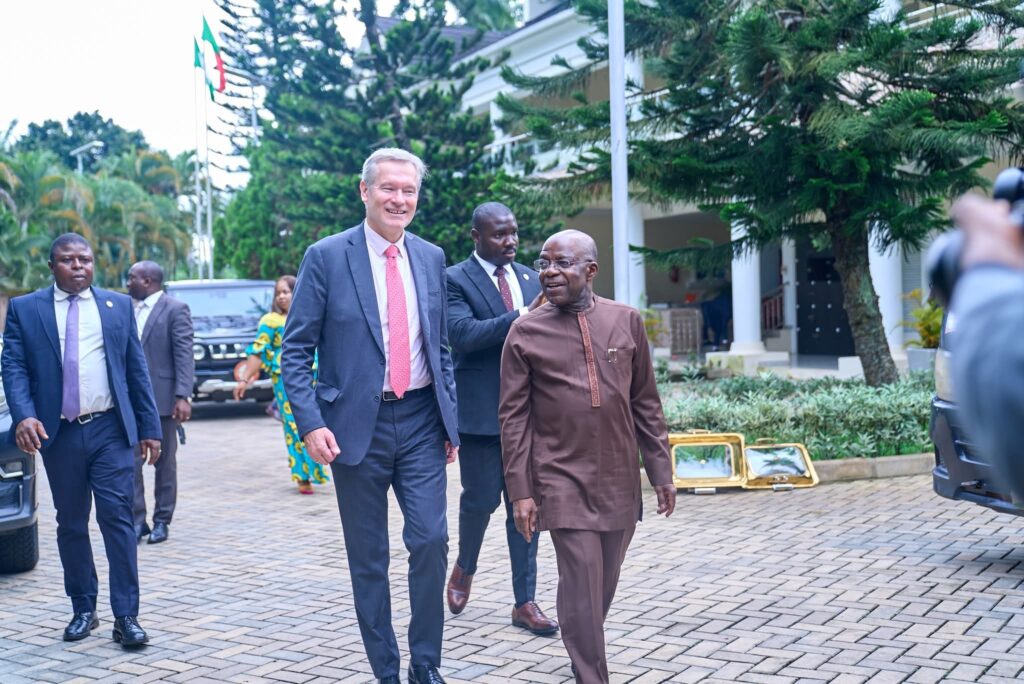
The strategic visit, held at the Government House in Umuahia, signals a major boost to Abia State’s developmental ambitions as the EU reaffirms its commitment to inclusive and sustainable growth in Nigeria through deepened sub-national partnerships.
Ambassador Mignot, speaking during the visit, emphasized the EU’s resolve to support the government of Abia State in building resilient systems that address poverty, inequality, and social vulnerability. The upcoming launch of the social protection programme is designed to enhance the delivery of welfare services and expand the safety net for vulnerable populations across the state.
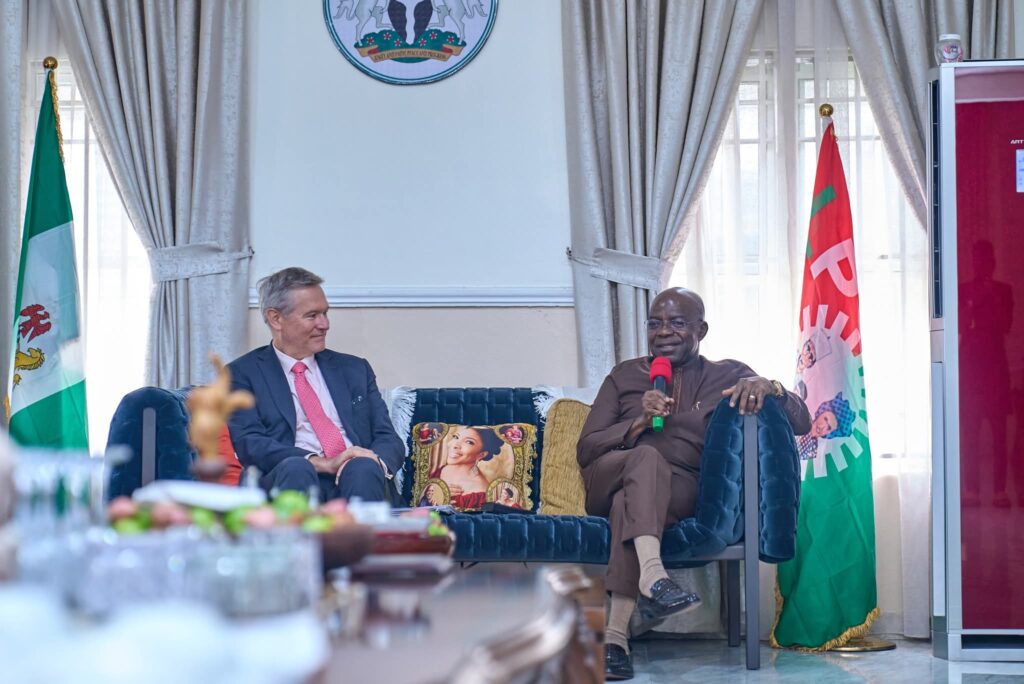
“Abia is taking bold steps towards reform and transformation, and we are proud to be part of this journey,” Mignot stated, lauding Governor Otti’s leadership in promoting good governance, accountability, and people-centred development.
Governor Otti, in response, expressed gratitude to the EU and its implementing partners for choosing Abia as one of the focal states for the flagship initiative. He reiterated his administration’s readiness to work closely with international development partners to deliver impactful reforms, especially in areas of health, education, social justice, and economic empowerment.
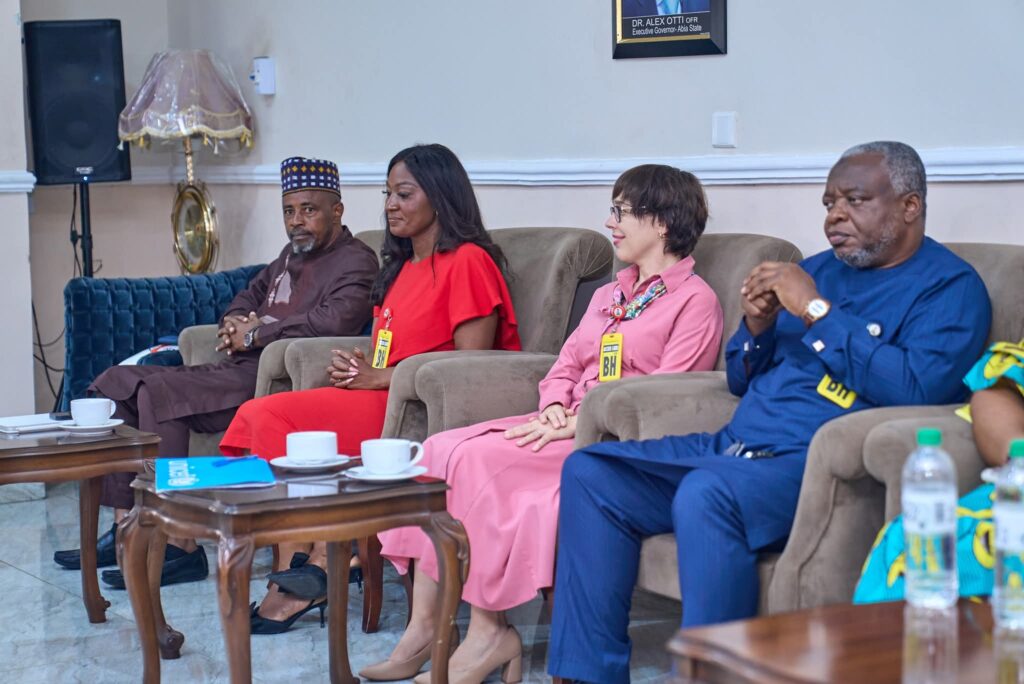
The visit also spotlighted multiple areas of EU–Abia cooperation, including renewable energy initiatives for rural healthcare facilities, the development of small hydropower infrastructure, rule of law enhancement programmes, and ongoing anti-corruption drives supported by the EU’s Global Gateway strategy.
Notably, the EU delegation commended the state government’s recent establishment of Abia’s first-ever Sexual Assault Referral Centre, a critical milestone in providing medical, legal, and psychosocial support to survivors of sexual and gender-based violence.
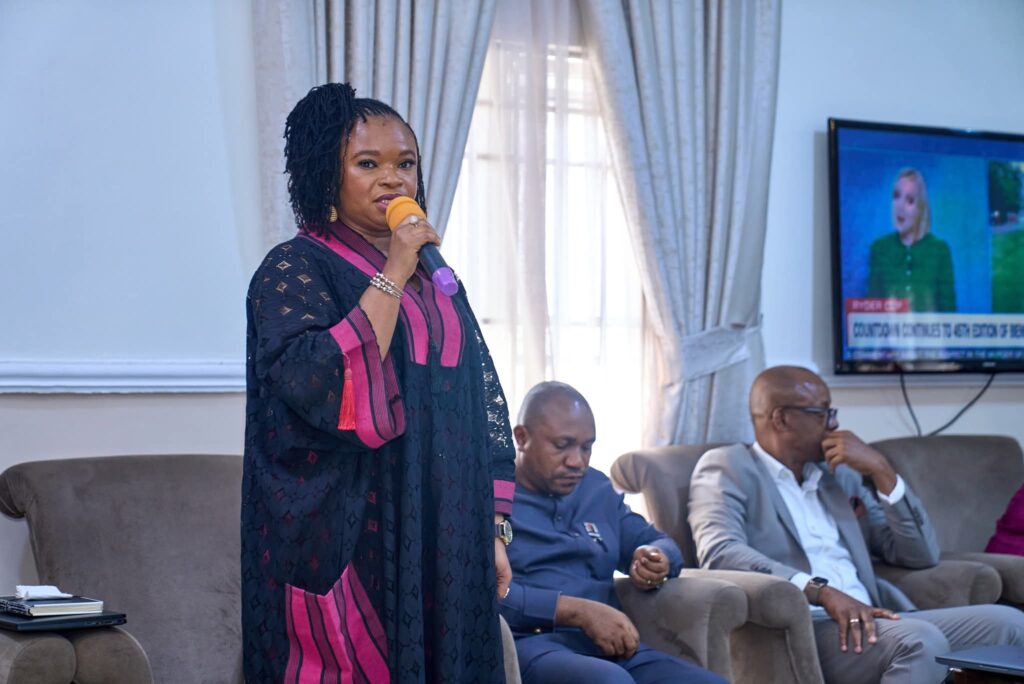
With this visit, the European Union underscores its position as a committed partner to subnational governments in Nigeria, aiming to deliver transformational impact through localized solutions in line with the United Nations Sustainable Development Goals (SDGs).
The launch of the EU-funded social protection programme in Abia is scheduled to take place in the coming days, marking a new era of people-focused collaboration between the European bloc and one of Nigeria’s most reform-driven states.





